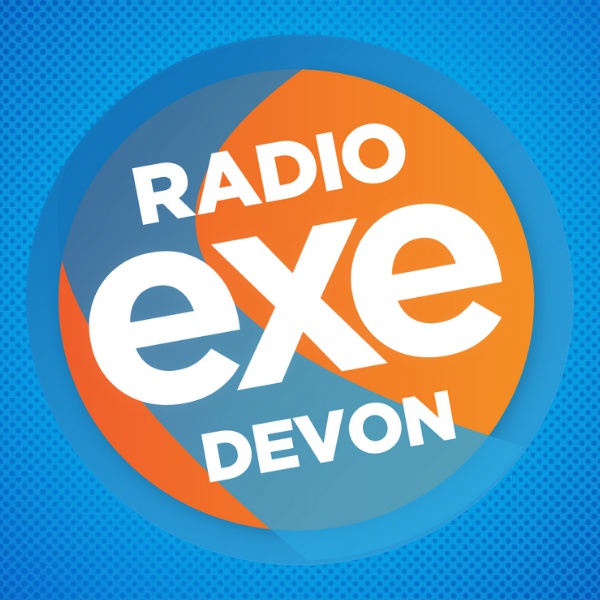
Council could save £1.4m
Plymouth City Council could save around £1.4 million over 10 years by changing the frequency of local elections.
Residents are being asked to have their say about the election cycle during an eight-week consultation.
Currently the authority operates an ‘elections by thirds’ system which means 19 of its 57 councillors are elected every year in a four-year cycle, with no elections in the fourth year. This costs around £380,000 per election.
An alternative system is where local elections are held every four years, with all seats being contested at the same time. This is estimated to save around £1.4 million over a decade.
Councillors first agreed to a consultation in 2022 but have now finalised details. It is not a referendum, but views will form an advisory part of the process.
The decision will be made by the city council in November, once feedback has been analysed.
At a meeting of the audit and governance committee, Cllr Patrick Nicholson (Ind, Plympton St Mary) said with elections in three every four years, it seemed like a “constant election period [that] thwarted councillors trying to govern the council” because they had to stop work for weeks in the run up to the election.
Under the pre-election rules, restrictions on government activity come into play around six weeks before polling day. Councils have to observe this period of “heightened sensitivity” and exercise caution in making announcements or decisions that might have effect the election campaign.
Cllr Nicholson (Ind, Plympton St Mary) said while officers felt they were still able do their day job during this period, known as ‘purdah’, it was different for councillors.
“One of the negatives of elections by thirds is the inefficiency within the council,” he said.
“We stop work in the middle of March and don’t get going again until the annual meeting at the end of May.”
In the consultation, councillors asked for letters to be accepted to help people who don’t use technology, and a video or audio made so the consultation is accessible to blind people and those who might have trouble understanding it.
Emails are being sent to people with email addresses on the electoral register, hard copies of the survey will be available in libraries and there are social media campaigns and newspaper adverts.
Cllr Sarah Allen, chair of audit and governance committee, said: “This is a really important decision that the council needs to take, and it is vital that we gather the views from a range of people from across the city.
“It is important that people look at the pros and cons of the two options and give us their honest views. Democracy must work in everybody’s best interest. The process has to be thorough and fair so that we end up with the right system for Plymouth.”
The timing of the consultation, which ends on Sunday 22 September, links to a review of electoral boundaries taking place in Plymouth later this year, led by the independent Local Government Boundary Commission for England.
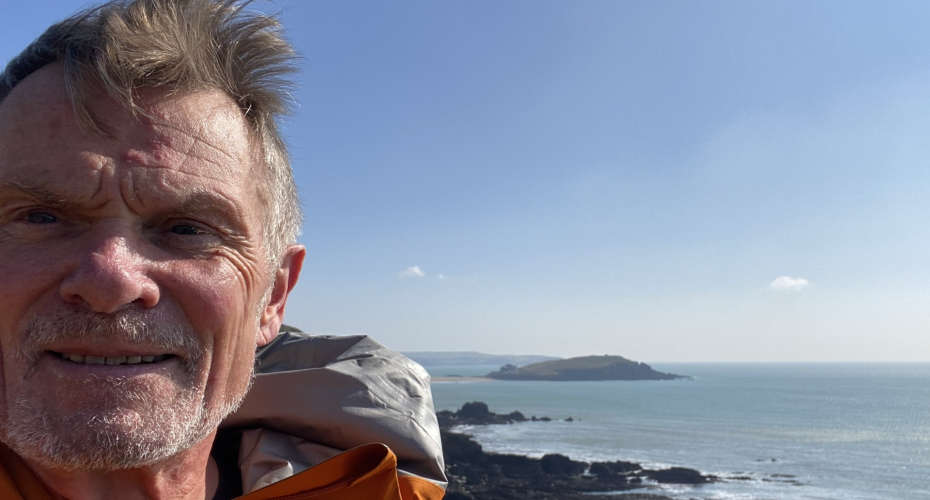 Devon man to run round mainland Britain
Devon man to run round mainland Britain
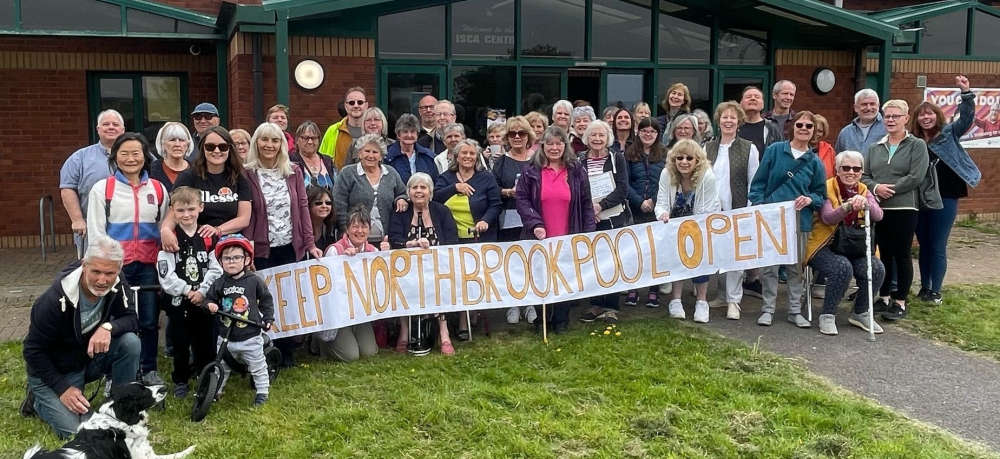 Decision on Exeter swimming pool due this week
Decision on Exeter swimming pool due this week
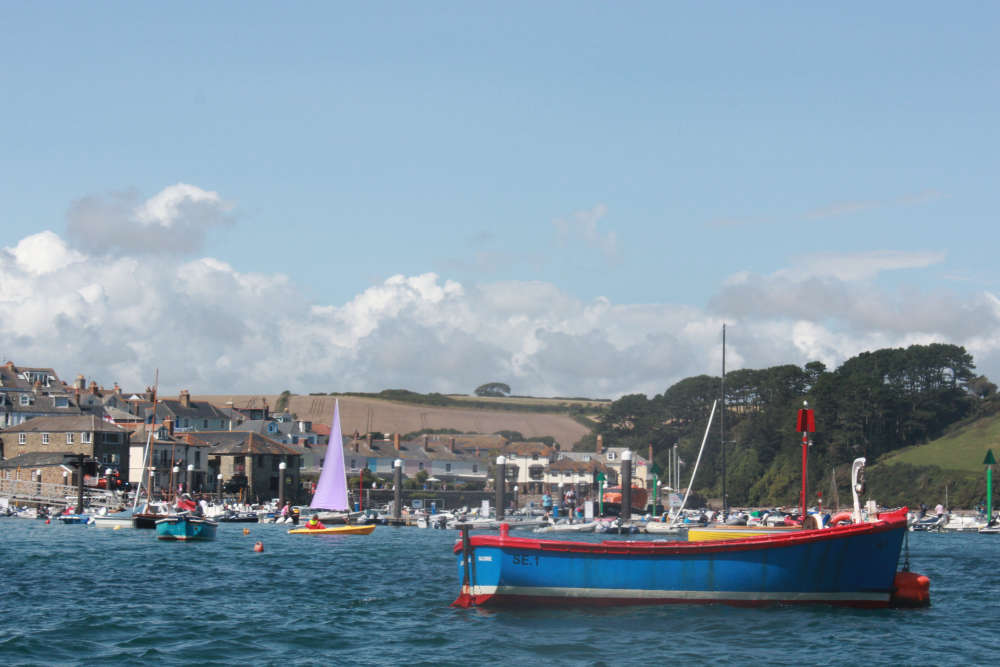 South Hams tourism down, but average spending up
South Hams tourism down, but average spending up
 More East Devon council workers leaving
More East Devon council workers leaving
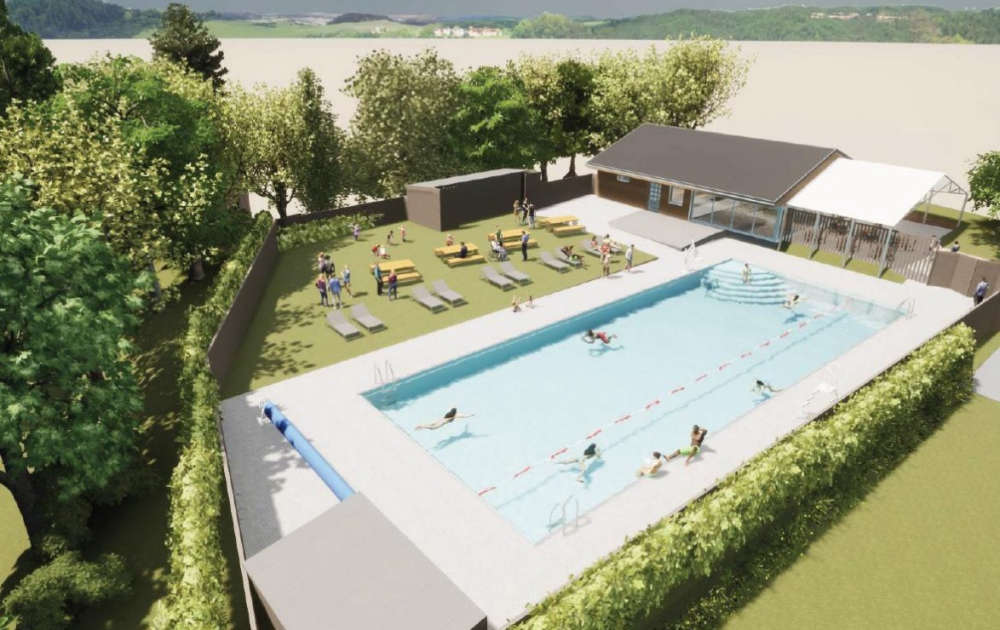 Dartington pool expected to reopen
Dartington pool expected to reopen
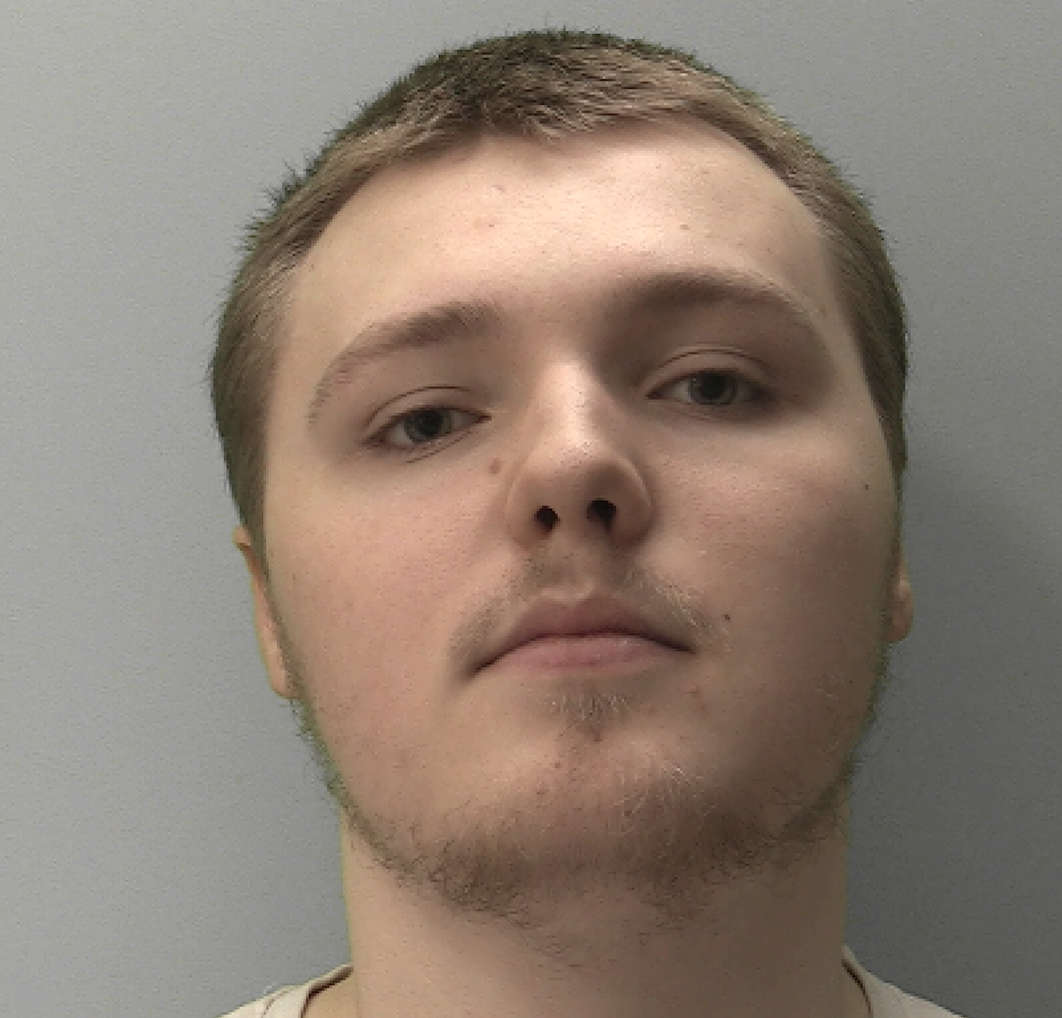 Honiton man jailed for terrorism-related crimes
Honiton man jailed for terrorism-related crimes
